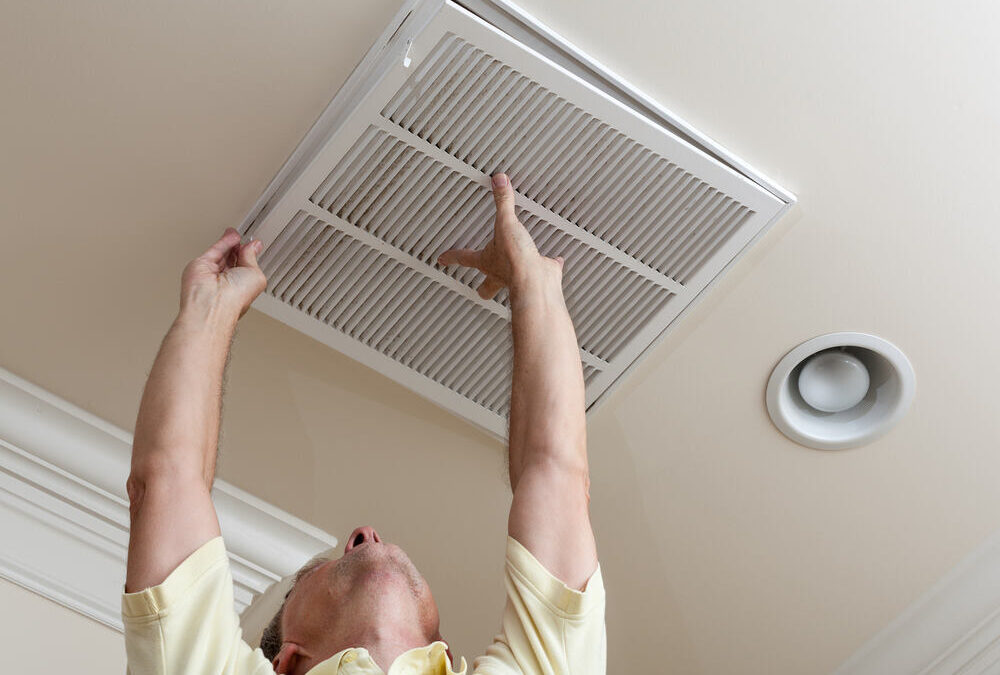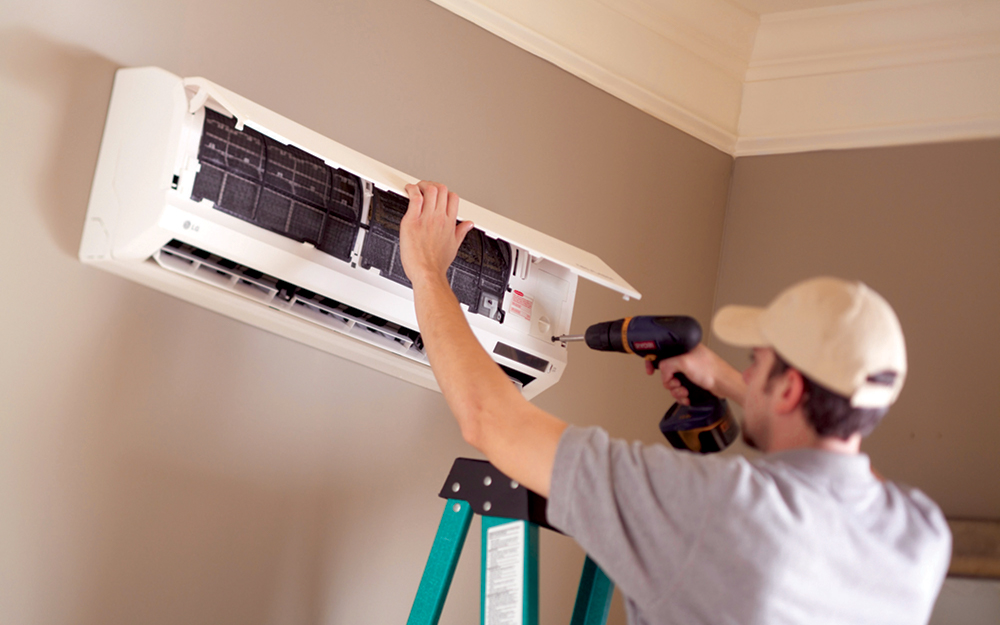When you turn on your heating system, the last thing you expect is a musty smell filling your home. This unpleasant odor can be more than just a nuisance; it can indicate underlying issues that need addressing. Let’s dive into the causes of this musty smell and explore ways to tackle it, ensuring a fresh and comfortable environment in your living space.

What Causes the Musty Smell in Vents?
The musty smell often originates from mold or mildew that has developed in your HVAC system. This can happen due to moisture buildup, which creates a perfect environment for mold growth. Over time, dust and debris can accumulate, further exacerbating the problem. Regular maintenance is crucial to prevent these issues.
Moisture and Mold Growth
Moisture is the primary culprit when it comes to musty odors in heating vents. Condensation can occur within the ductwork, especially if there are leaks or if the system is not well-insulated. This moisture provides an ideal breeding ground for mold and mildew, leading to the unpleasant smell that circulates throughout your home.
Accumulated Dust and Debris
Another factor contributing to the musty smell is the buildup of dust and debris within the ductwork. Over time, these particles can collect moisture and become a breeding ground for mold, intensifying the odor when the heat is turned on.
Detecting and Addressing the Issue
Identifying the source of the musty smell is the first step in resolving the issue. Conduct a thorough inspection of your HVAC system, paying close attention to areas where moisture may be present. Look for visible signs of mold or mildew and any leaks or damp spots.
Inspecting the Ductwork
Start by checking the ductwork for any leaks or damage that could be causing moisture buildup. Sealing these leaks can help prevent moisture from entering the system.
Cleaning and Maintenance
Regular cleaning and maintenance of your HVAC system are essential to prevent musty odors. Consider hiring a professional service to clean the ducts and ensure that the system is functioning efficiently. This can help remove any existing mold and prevent future growth.
Preventing Moisture and Mold
Prevention is key when it comes to avoiding musty smells in heating vents. Implementing some simple strategies can help keep your HVAC system dry and mold-free.
Improving Ventilation
Improving ventilation within your home can reduce moisture levels and prevent mold growth. Ensure that your home is well-ventilated, especially areas that are prone to moisture buildup, such as bathrooms and kitchens.
Using Dehumidifiers
Consider using dehumidifiers to control humidity levels in your home. This can be particularly beneficial in areas with high moisture content. Maintaining a low humidity level can significantly reduce the risk of mold growth and musty odors.
Musty Smell and Health Concerns
A musty smell in your home can have implications beyond just being unpleasant. Mold spores can circulate in the air, potentially affecting your indoor air quality and posing health risks, especially for individuals with allergies or respiratory issues.
Allergies and Respiratory Issues
Exposure to mold spores can trigger allergic reactions and exacerbate respiratory conditions such as asthma. If you or your family members experience symptoms like sneezing, coughing, or difficulty breathing, it may be time to address the issue immediately.
Improving Air Quality
Improving air quality in your home is essential for your family’s health and well-being. Regularly changing air filters, cleaning ducts, and using air purifiers can help maintain clean and fresh air, reducing the risk of health problems associated with poor air quality.
For more insights on maintaining air quality, visit Air Quality and Duct Odors Solutions.
Professional Help for Resolving the Issue
When dealing with persistent musty odors in your vents, seeking professional help can be a wise decision. HVAC professionals have the expertise and tools needed to thoroughly inspect, clean, and repair your system, ensuring that it functions efficiently without any unpleasant odors.
Choosing the Right Service
Choosing a reputable HVAC service is crucial for effectively addressing the problem. Look for companies with positive reviews and experience in dealing with mold and odor issues in HVAC systems.
Regular Maintenance Contracts
Consider signing up for a maintenance contract with an HVAC service provider. Regular inspections and maintenance can help prevent issues before they become major problems, ultimately saving you time and money in the long run.
Learn more about Mold in HVAC System Safe Removal for effective solutions.
Conclusion
Addressing the musty smell in your vents when the heat is on is essential for ensuring a comfortable and healthy living environment. By understanding the causes and taking preventive measures, you can keep your HVAC system running smoothly and maintain fresh air in your home. Regular maintenance, improving ventilation, and seeking professional help when needed are key steps in eliminating musty odors and ensuring a pleasant atmosphere year-round.

FAQs
What causes a musty smell in heating vents?
The main cause is moisture buildup and mold growth within the HVAC system. Dust and debris accumulation can also contribute to the odor.
How can I prevent musty odors in my home?
Regular maintenance of your HVAC system, improving ventilation, and using dehumidifiers can help prevent musty smells in your home.
Is a musty smell in vents dangerous?
Yes, it can indicate mold growth, which can affect indoor air quality and pose health risks, especially for individuals with allergies or respiratory issues.
For more information on preventing odors in HVAC systems, check out Cool Today’s Guide on Musty Smell Causes.
This article contains affiliate links. We may earn a commission at no extra cost to you.